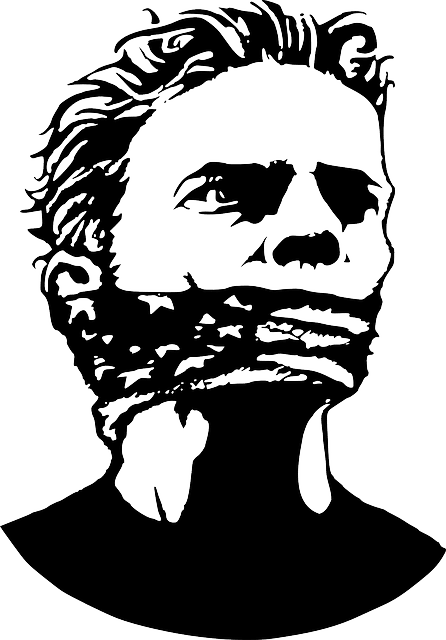
Freedom of the press means the possibility of expressing oneself freely through any means of communication without prior censorship.
Freedom of the press is a concept that covers several issues. To understand it precisely, it is useful to first analyze the terms that make it up.
The first meaning of freedom mentioned by the Royal Spanish Academy ( RAE ) in its dictionary refers to the natural faculty of human beings to act, or not act, in one way or another, being responsible for their actions. Freedom is also linked to the absence of subordination; to the state of one who is not subject to slavery; and to the democratic value that guarantees the self-determination of the individual.
The press , meanwhile, is a device that is used to perform compression. Likewise, the name press refers to the printing press or the workshop where prints are developed and, in a symbolic sense, to all periodical publications and journalists.
What is freedom of the press
It can be said that freedom of the press is the principle that ensures free expression and communication through digital, printed and other media , without the State having the power to interfere. This freedom means that prior censorship cannot be exercised: that is, the dissemination of something cannot be prohibited.
It is possible to link freedom of the press to freedom of expression , which is the right to freely express information and opinions. Another related idea is freedom of information , associated with the emission and/or reception of data by any kind of media.
In a more technical sense, freedom of the press is equivalent to freedom of the press . Everyone can print what they want, respecting the laws but without prior censorship being applied.

Authoritarian governments do not respect freedom of the press.
How to protect yourself
There are multiple mechanisms and resources that allow press freedom to be protected. In fact, the Universal Declaration of Human Rights establishes, in its article 19 , the right to freedom of expression and opinion by any means.
In any case, freedom of the press had already been recognized in different legislations for a long time. In 1766 , for example, Sweden included it in its Constitution . It has also been constitutionally protected in the United States since the 18th century .
Today, freedom of the press usually has constitutional protections in most countries . However, it is frequently violated through different procedures. Authoritarian governments even tend to violate it on a recurring basis.
World Press Freedom Index
Reporters Without Borders , an international, non-profit organization founded in 1985 , produces reports that analyze the situation of press freedom in the world . These reports allow him to develop the World Press Freedom Index , which ranks countries according to their respect for the work of the media and journalists.
In 2022 , Norway , Denmark and Sweden are the best positioned nations , which means that press workers can carry out their work there with peace of mind. At the other extreme, countries like North Korea , Eritrea and Iran make journalistic work difficult or even impossible, persecuting, attacking and sanctioning those who try to report.
